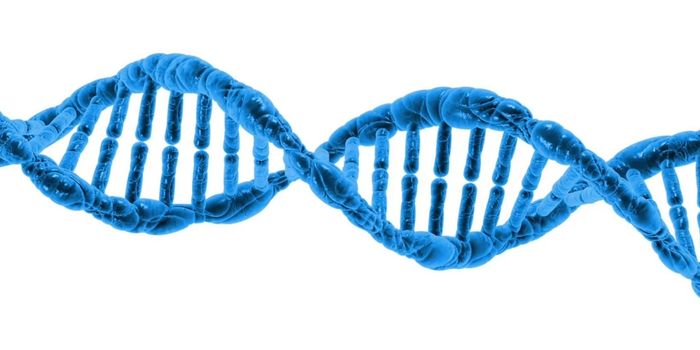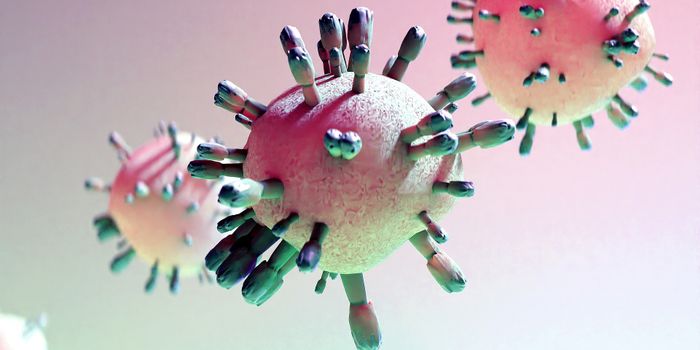Alzheimer Dementia Risk Reduction in Breast Cancer Survivors
Many breast cancer survivors experience cognitive impairment, difficulty concentrating, or memory loss during and after treatment. Despite the recognized link between mental cognition and breast cancer, no studies have evaluated the risk of Alzheimer dementia (AD) among breast cancer survivors.
To better understand a potential link between breast cancer and AD, a team of researchers compared AD diagnosis in breast cancer survivors and healthy controls. The findings, recently published in JAMA Network Open, has revealed a surprising conclusion: breast cancer survivors have a lower risk of AD than healthy controls.
Researchers conducted a comprehensive study, retrospectively examining the medical records from 70,701 breast cancer survivors, in which 1229 cases of AD occurred. Among survivors, the researchers found an incidence rate of 2.45 per 1,000 person-years. In comparison, among 180,360 cancer-free controls, 3430 AD cases occurred for an incidence rate of 2.63 per 1,000 person-years. This large-scale study found a slightly lower risk of AD among breast cancer survivors than cancer-free controls.
Further analysis showed that, while pronounced shortly after breast cancer, the difference in AD risk did not extend to survivors beyond five years. The study also demonstrated that those breast cancer survivors who received radiation therapy had the least risk of AD.
These findings not only challenge the common perception of cognitive decline following breast cancer but also provide new information about the potential adverse effects of specific breast cancer treatments.
The study’s interrogation of how different treatment regimens have varying impacts on AD risk, provides significant rationale for comprehensive follow up research. As breast cancer remains the most prominent malignancy diagnosed in women worldwide and in the United States, advances in our understanding of how breast cancer and its treatment approaches impact cancer survivors could have an immediate and meaningful impact on survivorship. This study underscores the need to better understand the long-term neurocognitive outcomes for breast cancer survivors.
Sources: Am J Prev Med, JAMA Network Open, CA Cancer J Clin, CA Cancer J Clin









